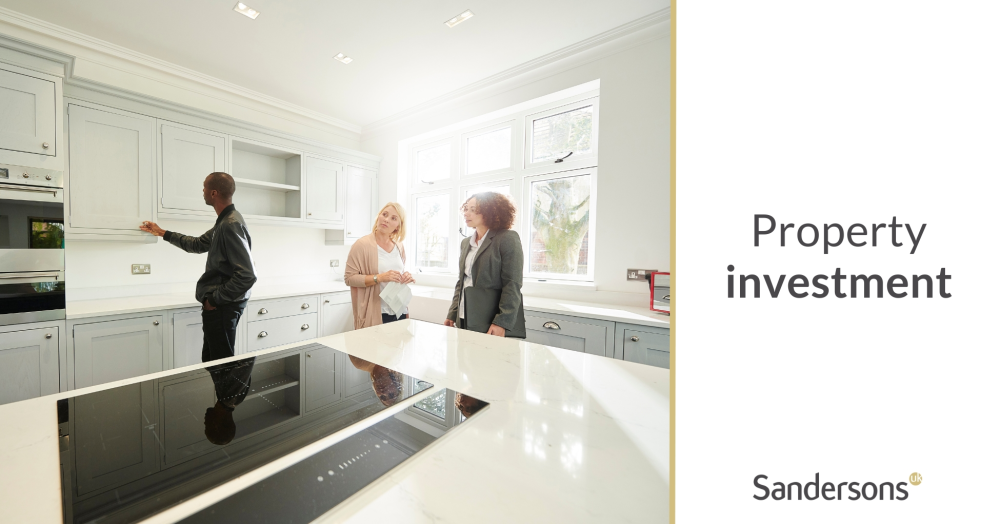
How to find the best property investments
If you're thinking of investing in property or already a landlord, you may have come across the term yield before. But what does it actually mean and what is considered a good yield?
The property investment yield is the amount of money/return the investment will give you.
It is a loose calculation based on the property value and the rent you'll receive for that property, giving you a percentage figure or rate of return. This percentage is similar to the interest you earn on a savings account to help form a basis for comparison.
For example, you may have £50,000 in savings, and that account may pay an interest of 1.5%. The yield for the money saved in that account will be 1.5%.
The yield is often much higher for property, which is why people consider property investment as a vital component of their overall investment portfolio.
How to calculate yield for property
Determine the value or cost of the property. How much will you, or did you pay for it?
What is the current or likely rent? This figure should be the annual income, so if it is rental payments, multiply the amount by 12.
Divide the annual income by the property value.
Then multiply this amount by 100 to give you the percentage.

Interest payments on savings can be quite poor. The average yield for rental property investment in the UK is between 5-8%. You can see why a property is considered a good investment compared with a savings account. With rising inflation, the cash you've saved is technically reducing in value each year. This is because, although your £50k is still £50k, the amount of things you can buy with that £50k has reduced. E.g. Where you could buy a Range Rover, you can now only afford a standard BMW.
Property values are much more robust. Historically, the value of property has increased, albeit with a few hiccups here and there. In the long run, it is shows a consistent increase and overall better return.
A property is considered an asset because it will generate income. It will pay you a rental income each month, and your equity, or initial investment, is still tied up in the property, which is growing in value. In theory, the value will continue to increase whilst you own it.
Conversely, if you spent £50k on a Range Rover, it will lose value whilst you own it. It's a depreciating asset that will cost you money to own and lose value over time.
Use the yield calculation to quickly figure out if a property is a good investment for you to buy. Suppose the percentage figure at the end of the calculation is less than 4%. In that case, you could probably make a better return with a different property. Or perhaps you could try to bring down the initial value price with some tough negotiation.
And you could go one step further. There will likely be expenses involved in buying a property, and often with investments, there is remedial work and refurbishment. Add these costs to the 'value' section to show the net yield. This is the actual cost of your investment into the property, not just how much it is worth.
Let's look at some examples.
You buy a property for £250,000, the rental income £1,200 per month.
6000/100,000 x 100 = 5.76.
So the gross yield for this investment would be 5.76%.
Now consider that there needs to be a new boiler and kitchen fitted in the property to achieve the £1,200 per month rent. Let's say that this will cost £10,000
You would still take the annual income, but the purchase price and the costs must be added to include your total spending.
14,400/260,000 x 100 = 5.54%
The yield is now lower because you are investing more in the property. This is more accurate because it shows your actual investment and costs, not just the purchase price.
Even so, this would still be a good investment. The additional £10k spent is not wasted because the property's value will have increased, and that capital increase belongs to you.
Use this method when looking to buy a property for investment so that you can quickly and simply see if the property is a good buy for you or not.
You don't want to put all your savings into a property that pays less than your savings account, do you? If you need any advice on a prospective purchase for investment or to discuss your current property (e.g. are you achieving the highest possible rent?) please speak to our specialist lettings team.